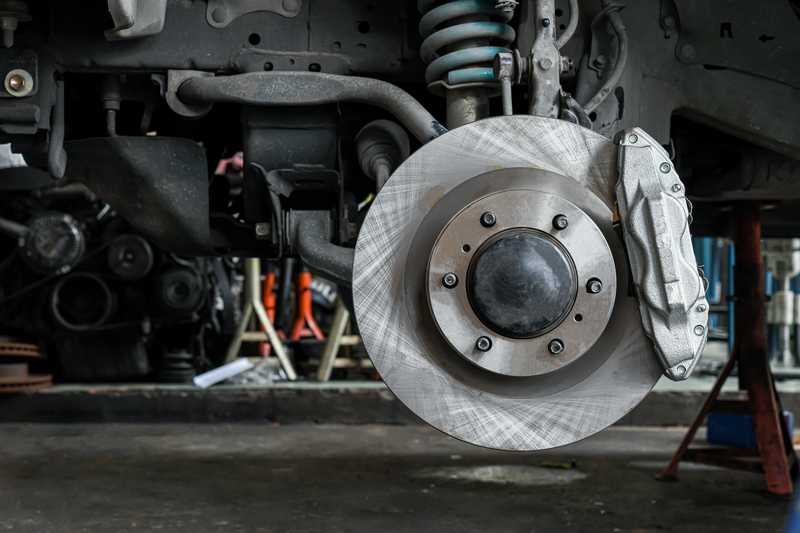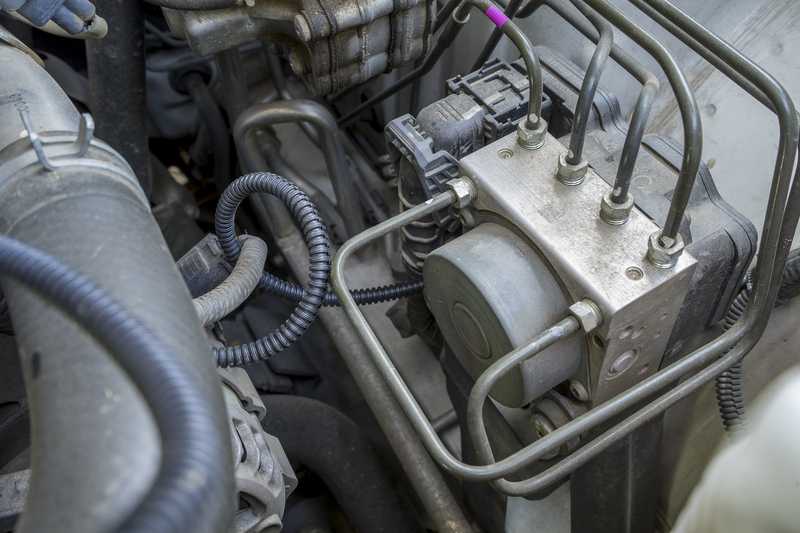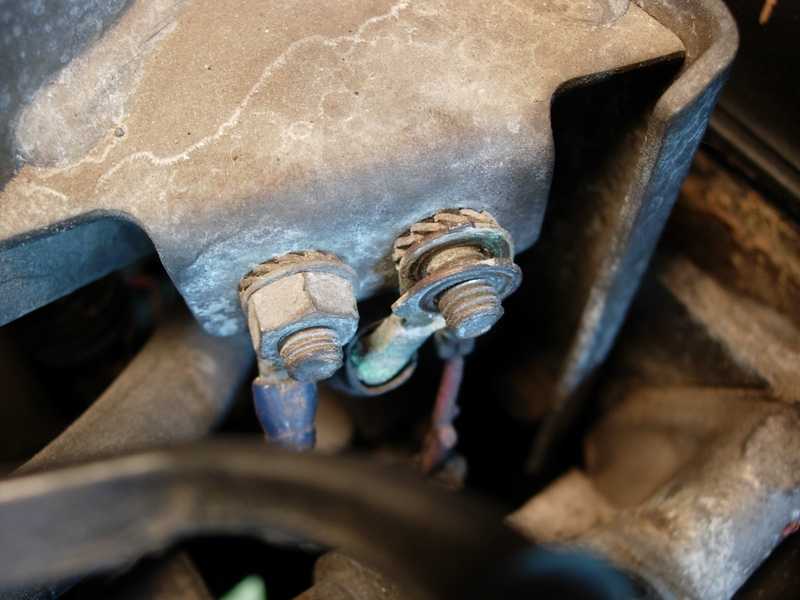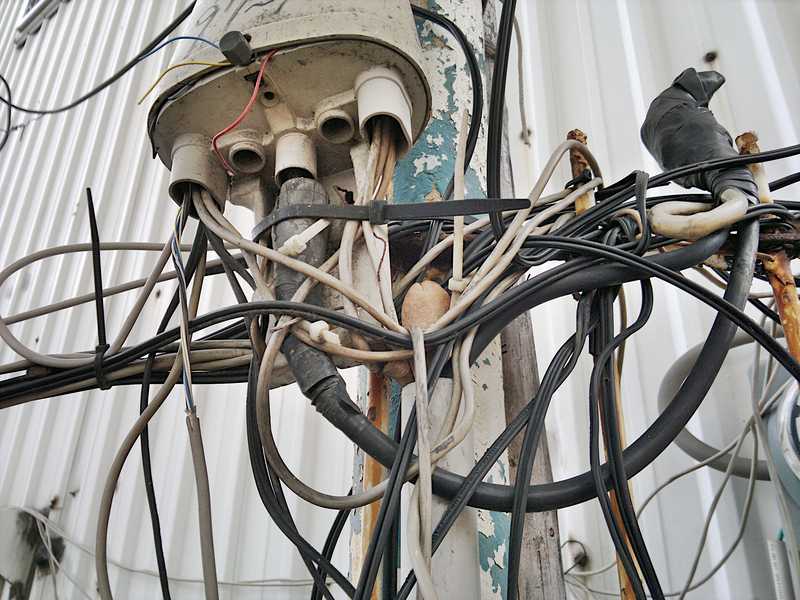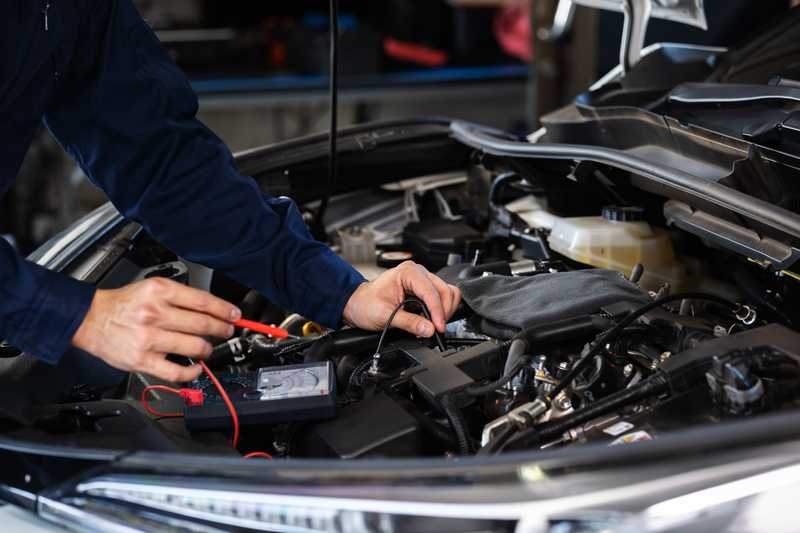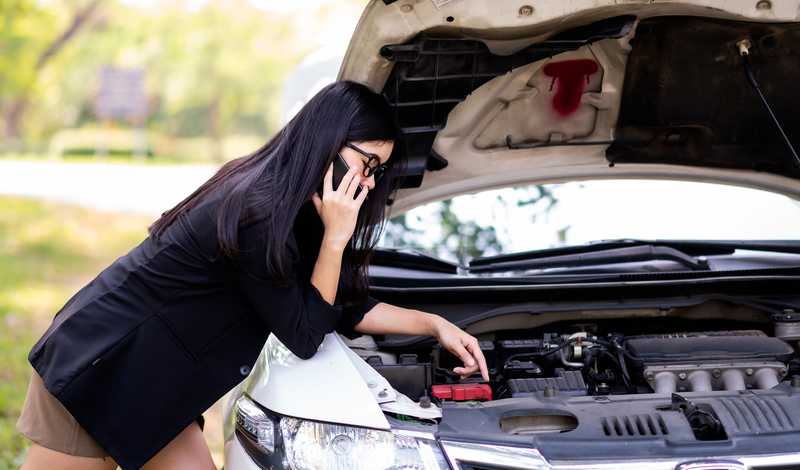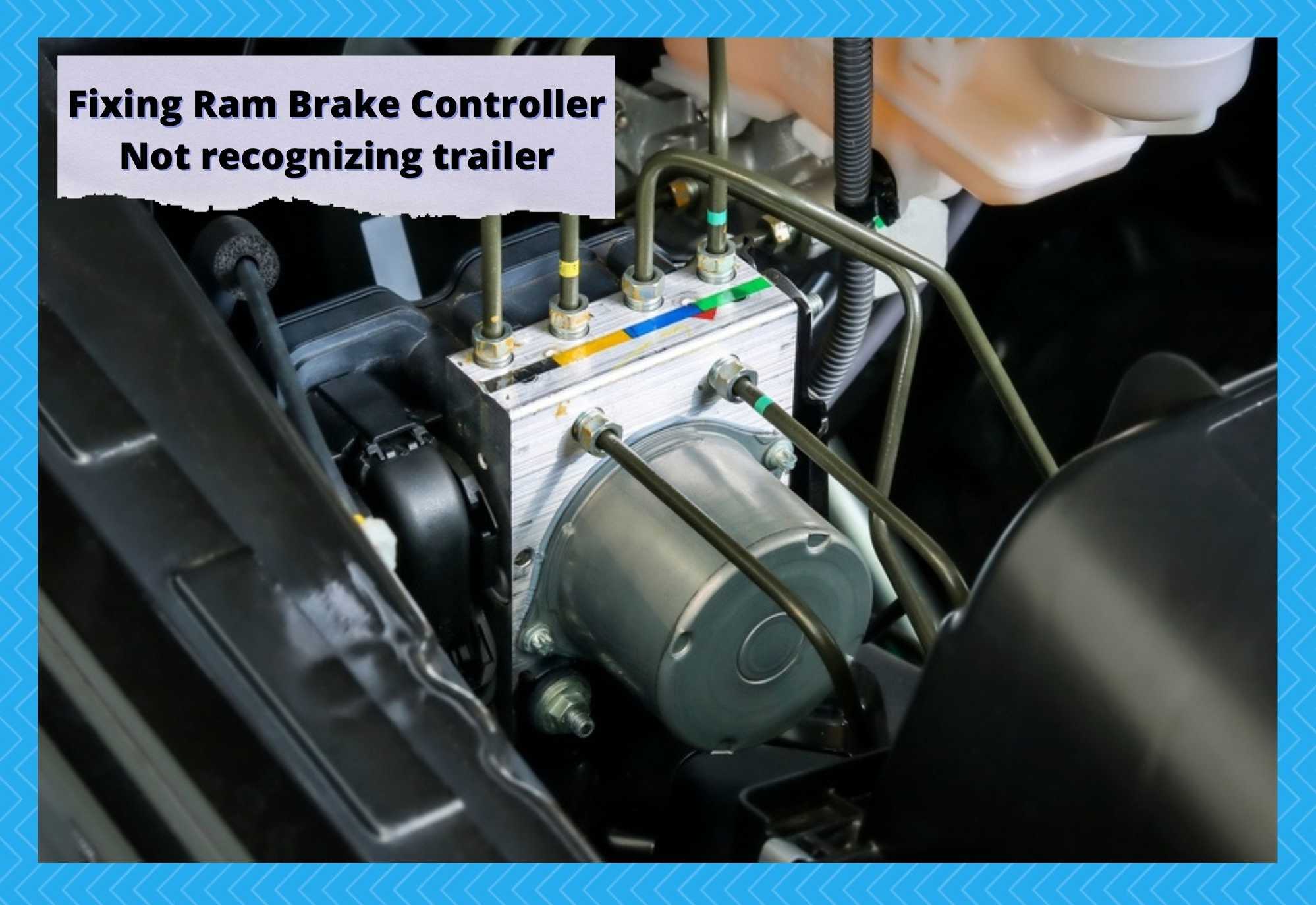
So you finally decided to buy a travel trailer instead of a motorhome. That’s an excellent choice if you have a heavy-duty pickup truck to tow it. It’s also much cheaper than a fifth-wheel or coach. In terms of floor space, it’s definitely larger than most RVs since it doesn’t have an engine room or a cab. All its rooms are intended for occupancy.
Towing a travel trailer, however, is more complicated than driving a motorhome. That’s because a trailer, while linked to a tow vehicle through the hitch, is almost entirely independent from the tow vehicle. This independence has its downside, of course.
Your trailer may turn, slow down, or stop along with your pickup truck, but you can only do this gradually and at a sufficient distance from the vehicles in front of you. If you stop abruptly, your trailer might slam against the back of your vehicle, break the hitch, and shove you into a ditch.
Fortunately, that’s different from how modern travel trailers work. Instead, they are designed with their own brake system linked to the tow vehicle. You can control a trailer’s brake system from your pickup truck’s cab. They move in sync with the vehicles towing them, which allows for easier and safer maneuvering.
How does a trailer brake system work?
Before diving into our main topic—fixing a brake controller that doesn’t recognize the trailer—let’s first discuss how a trailer brake system works. After all, knowing what comprises a trailer brake system and what those components do makes it easier to narrow our suspected causes and get to the bottom of the problem.
When you link your trailer with your pickup truck through the hitch, it’s not just the loops and chains you’re connecting. You are also hooking up the electrical system to allow electrical signals to be transmitted from the tow vehicle to the trailer.
Just as your brain sends commands to your legs and feet through your spinal column, your tow vehicle controls your trailer’s brakes and other electrical and electronic features via a wiring harness.
This connection’s more extensive and complex break system includes several other essential components. For example, between the brake controller and the trailer brake system lies the brake actuator, which relays commands from the brake controller.
Most modern trailers also have a breakaway switch, which activates when the hitch breaks and the trailer separates from the tow vehicle.
What is a brake controller?
I’ve mentioned the brake controller several times, but what exactly is it, and how does it work? It’s an electronic device that controls your vehicle’s brake system. By brake system, I mean the combined brakes in your trailer and tow vehicle.
Naturally, your tow vehicle’s brakes don’t need a separate device to control them. But the trailer brakes do. With the brake controller, you can control both brake systems simultaneously. Keep in mind that slowing either vehicle down is dangerous.
If you ask a dealer about the brake controller, they will most likely introduce you to two types—time-delayed and proportional. A time-delayed brake controller activates the trailer brakes a few seconds after you step on your truck’s brake pedal, hence the name.
A proportional brake controller, on the other hand, activates the trailer brakes simultaneously with your truck’s brakes. The brake controller is usually found under the dashboard within the knee bolster, although other vehicle makes and models have it elsewhere.
Why Ram brake controller?
It’s important to note that not all cars have a compartment for a brake controller. That’s because not all vehicles are designed for towing trailers. Only full-size and heavy-duty vehicles with a hauling capacity of at least 12,000 lbs. can tow trailers. You’re lucky if you have one of Ram’s big boys because most of them are full-fledged tow vehicles.
Ram’s towing models include the Ram 1500, Ram 2500, and Ram 3500. The biggest—Ram 3500—can tow up to 35,100 lbs, which is several times the weight of an average travel trailer. And because these models are built for towing, they also have a built-in compartment for a brake controller.
This brake controller is removable and replaceable, enabling you to achieve the most capacity when you hit the road.
Ram brake controller not recognizing trailer: 3 fixes
As robust as they are, Ram brake controllers are not immune to damage, wear, and installation errors. They will malfunction at some point, and you have to deal with the hiccups for your own safety and the safety of your investment.
Now that you know how trailer brake systems are linked to the brake controller in the tow vehicle, it’s easier to diagnose brake controller issues.
One common issue you may encounter with your brake controller is its inability to recognize your trailer. That’s dangerous because it means your trailer brakes are entirely dead.
You’ll have to gradually decelerate and intermittently hit the brakes until the trailer and vehicle comes to a complete stop, much like performing a deadstick landing when a helicopter’s propeller stops spinning. Here are the possible reasons your brake controller cannot recognize your trailer and how to fix them.
1. Not enough ground connection
Have you had your trailer repaired at a workshop or service center recently? What exactly did they say they changed? If they fixed your trailer’s brake system, ask if they rewired it.
Some technicians, particularly the inexperienced ones, make the mistake of forgetting to put the ground wires. They bypass the OEM parts and run a new set of wiring but use a single ground wire for all the brakes.
Your trailer is supposed to have a ground wire for each brake. If all the brakes run off one ground wire, there’s a good chance all the commands you make through the brake controller go to only one of the brakes.
In most cases, it prevents the brake controller from recognizing the trailer. The only solution is to supply the brake system with more ground wires. You don’t have to rewire the brakes. Just add the missing ground wires.
2. Shoddy wiring job
Another possible reason for the weak connection between the trailer brake system and the brake controller is a poor installation job. The wires should be laid out and mounted in a way they won’t rub against the frame.
They should be secured with ties but not too tight that their cores are almost split. Inspect all the wiring harness thoroughly and look for chewed-up wires. Those are the most likely reasons for the poor connection.
Clean up the wiring by replacing all the damaged wires and reorganizing the cables for easy access and identification. You don’t want them tangled, hanging, or choked in tight corners. If more than 50 percent of the wires are worn down, consider replacing the entire wiring system.
Temporary patches may hold up for a while, but the issues you are trying to fix will recur soon. A complete rewiring will save you time and money in the long haul.
3. Incompatible brake controller
Brake systems are like stubborn kids. They don’t follow orders from anyone. They must be compatible with the brake controller before functioning along with the tow vehicle’s brake system. So if your brake controller doesn’t recognize your trailer, it’s most likely a compatibility issue.
Remember to compare specs if your Ram didn’t have a brake controller when you purchased it and you’re planning to install one in preparation for your upcoming family camping trip. Check what wiring and power supply the brake controller requires and compare it with your trailer’s brake system.
Or, if you already have a brake controller and have yet to try it with your trailer, check the trailer’s brake system. Of course, you can adjust the trailer’s electrical circuit to match your brake controller’s requirements.
Final words
There are instances when the brake controller itself is damaged and needs repair. If you are not a technician specializing in this device, don’t attempt to repair it, especially if it’s brand new and still carries a warranty. Instead, contact the manufacturer to seek advice.
Follow the basic troubleshooting they’ll tell you, and if it doesn’t work, decide whether to hire a certified technician to fix it or replace it altogether.

